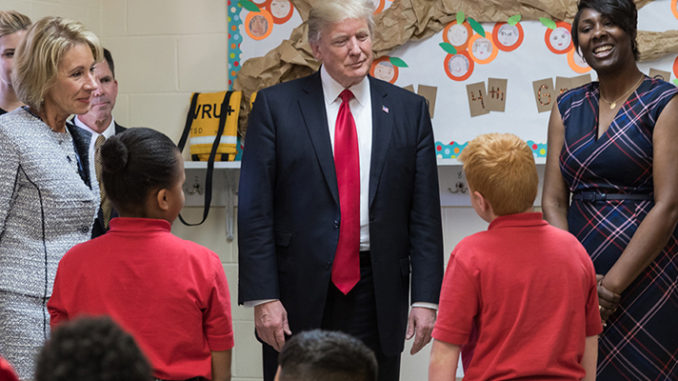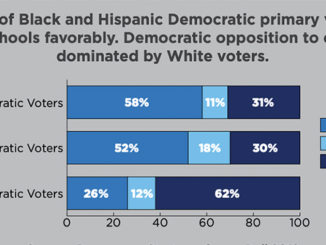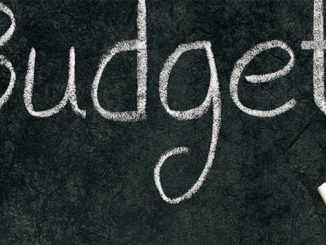
The 2016 presidential campaign has hardly lived up to the ideal of a civil exchange of ideas facilitating a peaceful democracy. But a new report from the Southern Poverty Law Center suggests that the acrimony from the campaign trail may be having a broader, negative effect on society — particularly in American schools.
An online survey of 2,000 educators – one that the center notes wasn’t scientific – found half saying they witnessed an increase in “uncivil political discourse” during the 2016 campaign. Two-thirds of respondents said their students – particularly Muslims, immigrants and children of immigrants – openly expressed concerns or fear about what might happen to them or their families after the election.
“Muslim children are harassed and worried. Even native-born African-American children, whose families arrived here before the American Revolution, ask about being sent back to Africa,” the group said in a report.
Republican frontrunner Donald Trump has been aggressive in his attacks on both Mexican immigrants – his vow to build a wall on the country’s Southern border, for instance, or his comments that Mexicans are rapists – and Muslims, all of whom he has said he’d ban from entering the United States.
The survey didn’t ask teachers about specific candidates, but of the 5,000 comments submitted, more than 1,000 volunteered the term “Trump.” (Fewer than 200 total made mention of the names Ted Cruz, Bernie Sanders, or Hillary Clinton.)
The teachers’ comments, about children’s fears and a subsequent rise in bullying that parallels much of Trump’s hate-filled rhetoric, are striking.
“Students who had undocumented family members and relatives are afraid of what other kids will think of them if they find out. One [fourth- grade] student reported that she thought everyone hated her because her mother was illegal and she didn’t want to come to school. Over 35 percent of our students are Mexican. I’ve never had this … before this year,” wrote an elementary school teacher in Vancouver, Wash.
The campaign rhetoric has also fueled an uptick in bullying, teachers in the survey said, observing that students seem “emboldened” to use increasingly inflammatory statements and engage in name-calling. Years of work on anti-bullying campaigns which had seen results, they say, is being undone.
Muslim students in particular have been the target of their peers’ harassment, the report finds. “According to reports from around the nation, Muslim students regularly endure being called ISIS, terrorist or bomber. These opinions are expressed boldly and often. Even in schools where such behavior isn’t tolerated, current events discussions often become uncomfortable for teachers and Muslim students.”
Students with foreign-born parents are also targeted – a problem when that amounts to a third of all children in American schools, according to the report.
The bigger picture? More than 40 percent of responding teachers said they are now “hesitant to teach about the 2016 presidential election” – hardly a boon when experts say that civics education is in need of a major revamp.
Carolyn Phenicie is a senior writer at The 74 based in Washington, D.C., covering federal policy, Congress, and the Education Department.



